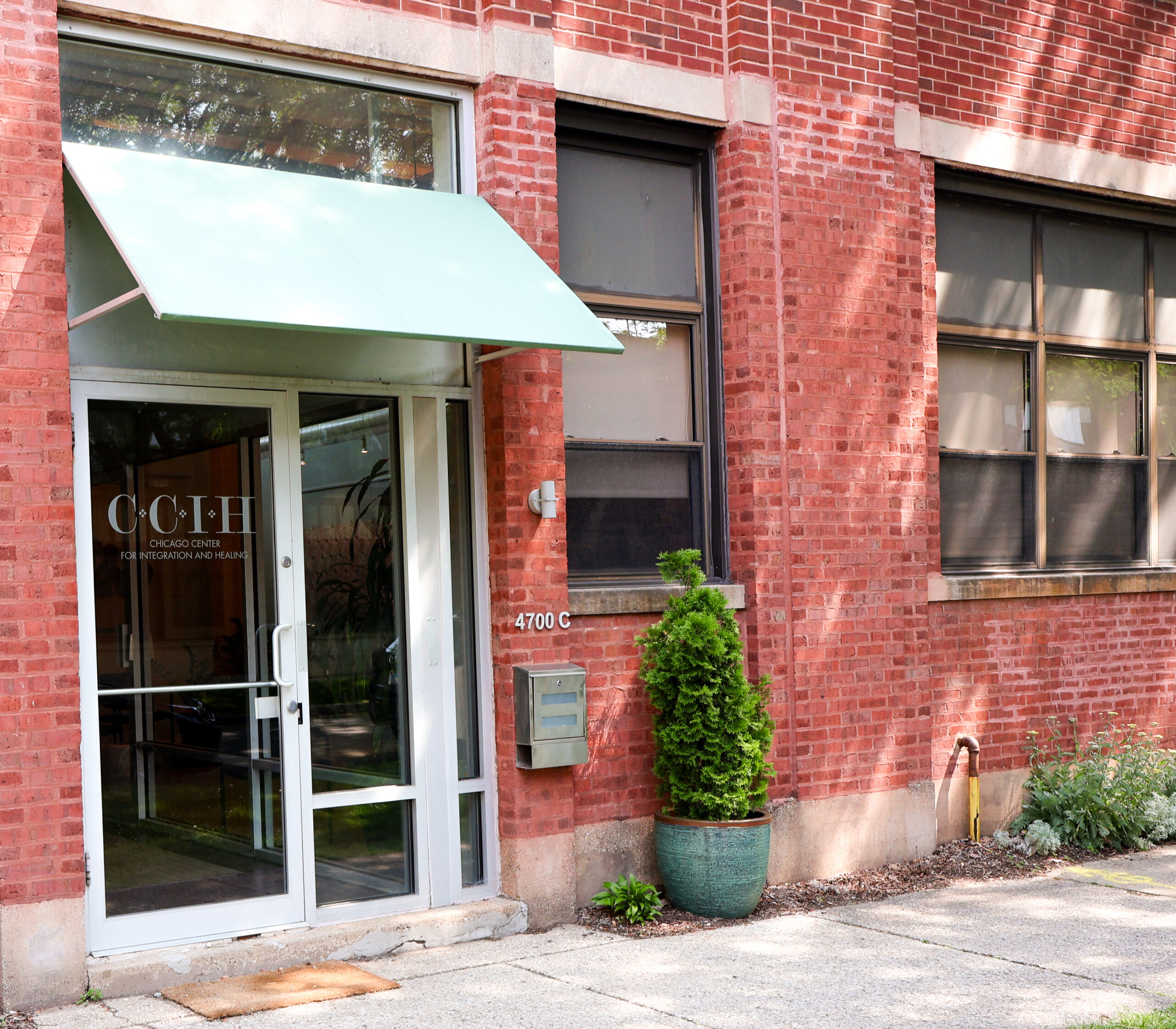Transitions come in our lives for a multitude of reasons. Some of these reasons may be exciting, such as having a child or moving in with our partner. Others may be incredibly challenging, such as the diagnosis of an illness or the death of a loved one. In either case, these changes can stir up a lot in our bodies and minds. We might notice we are not sleeping as well, we feel on edge constantly, or we are consistently feeling lethargic and tired.
As humans, we are wired to crave the familiar. Transitions can put a lot of stress on our bodies. It can also be helpful to remember that present-day changes can touch elements of our past, especially if we have a history of trauma. Maybe we hold early memories of loss and loneliness. Or perhaps excitement can remind us of feelings of overwhelm. The experiences you are having may not only be related to the current event but also connected to aspects of your history. How can we take care of ourselves during these transitions?
Notice what is hard, with curiosity
Perhaps aspects of this transition are surprisingly challenging. Some of the ways we think and feel might conflict. For example, we might simultaneously want a transition to occur and be surprised by the feelings of loss that arise. See if you can stay open to what is coming up without assigning evaluation, judgment, or criticism. Sometimes it can help simply to state, “This is hard.” And if some judgment shows up around that, notice it too!
Establish a routine
While much is changing, stable routines can remind us that we are safe. Explore what might feel grounding. Transitional points in the day, such as in the morning or before bed, can be helpful places to develop routines. Perhaps you need fresh air and exercise, or you enjoy a particular type of coffee. Even though we cannot control the shifts that come in life, we can provide ourselves a sense of predictability in small but important ways.
Explore
It is important not to stay isolated even when we are juggling many responsibilities. Explore how you might connect with yourself during this transition, such as with breath and journaling. Perhaps you feel most connected when with a close pet or in nature. Explore what it might be like to seek out the support of a loved one and share your experiences. If aspects of this transition are challenging to cope with, working with a therapist can be supportive. Many people seek out therapy during transitions in their lives.
Grieve what is lost
Even in exciting transitions, something is lost. After graduation, for example, we might be farther away from close friends. Once we begin parenting, we may have less time for ourselves. These emotions are important to acknowledge and do not mutually exclude feelings of excitement, gratitude, and joy. When transitions are painful, we may pressure ourselves to feel better before we are ready. It can feel supportive to seek relationships, spaces, and activities that permit you to experience your grief without feeling pressured to get past it.
Remember, you are not alone. Acknowledging the impact of these changes allows us to take care of ourselves as we adapt to the new aspects of our lives.
Photo Credit: https://unsplash.com/@tylercaseyprod









